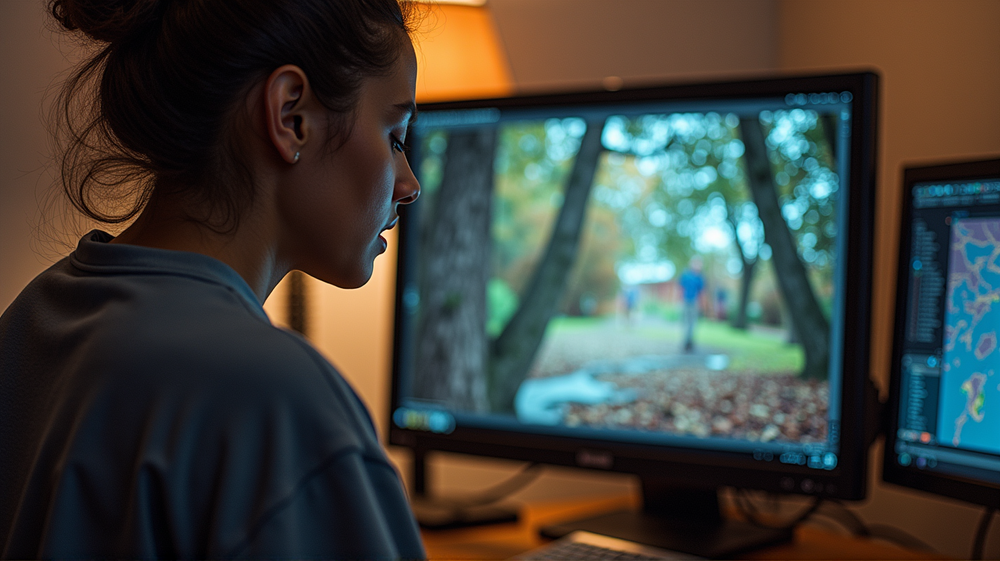Revolutionary Grant Boosts Aging-in-Place Tech Innovations in South Carolina
A Grant for the Ages
In a transformative move for senior citizens and their caregivers, South Carolina’s social work researchers are harnessing a substantial four-year grant from the National Institute on Aging. The purpose? Revolutionizing the way the elderly age-in-place by deploying cutting-edge remote monitoring technologies.
According to HousingWire, this initiative not only seeks to empower older Americans by circumventing the traditional routes of costly care facilities but also provides a vital lifeline for African American communities in rural areas, who have long been devoid of tailored long-term care options.
Bridging Research and Community
At the heart of this trailblazing venture is Professor Shaun Owens of the University of South Carolina. His vision extends beyond mere residence; it envisions a world where technology bridges the divide between research laboratories and lived experiences. The unique Research and Entrepreneurial Development Immersion grant, furnished by NIH’s National Institute on Aging, plays a pivotal role in advancing this vision.
Technology as a Social Connector
Why is this digitization of care essential? “It’s about community connectivity, maintaining routines, and fostering societal bonds,” Owens emphasizes. As technology becomes increasingly embedded in aging-in-place strategies, the focus is not just on solitary living but on a richer, more connected existence.
Partnerships on the Horizon
Leveraging the expertise of the university’s SmartSTATE SeniorSMART Center of Economic Excellence, helmed by director Sue Levkoff, the program is set to blossom, thanks to fruitful collaborations with tech vendors.
The ORCATECH Advantage
A significant aspect of this initiative is the integration of the ORCATECH Technology Platform from Oregon Health and Science University—an innovative tool that provides continuous behavioral insights and facilitates critical connections with caregivers and clinicians.
As home installations gain traction, this project aims to achieve viral awareness and acceptance, installing ORCATECH in ten select households to gather invaluable data and insights.
Impacting the Future
Inculcating remote-monitoring technology into the daily lives of lower-income, rural African Americans with cognitive challenges marks a significant step forward. As this underrepresented community embraces technology, the doors to agile, tailored aging-in-place interventions will swing open, leading to enhanced care partnerships and an enriched quality of life.
This groundbreaking initiative signifies more than just technological advancement—it’s a stride towards a future where aging gracefully at home isn’t a privilege but a universally attainable reality.




